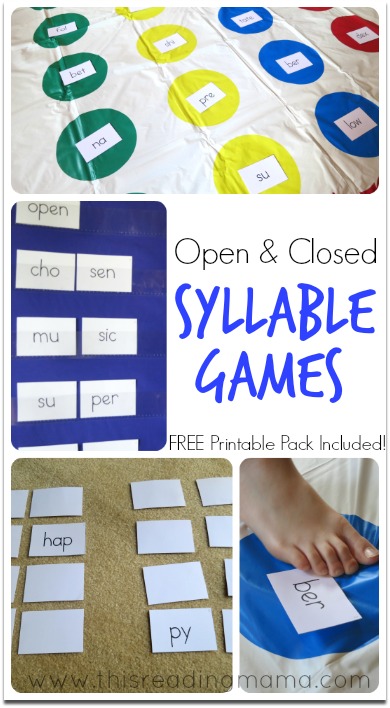
*This post contains affiliate links.
If you’ve read my blog for very long, you know I’m a huge fan of making literacy as hands-on as possible. To teach my oldest reader (2nd grade), we mainly use the Words Their Way word sorts and the letter tiles from All About Reading/All About Spelling. But every once in a while, it’s fun to just play games with words! And that’s what we did when we played these open and closed syllable games together.
We have been working on reading two-syllable words and I’ve been moving through the graphic organizer that I created for him. I have to be very explicit with him (and that’s okay). Reading two-syllable words has not come naturally, despite his ability to read one-syllable patterned vowels well.
What are Open and Closed Syllables?
First, it’s important to understand what an open and closed syllable is. All About Learning Press has a great blog post about it that gives great examples and why readers and spellers even need to learn about them. I’ve also created a little graphic about open and closed syllables that helped ALuv. {see below- this is included the free pack you can download at the end of this post}
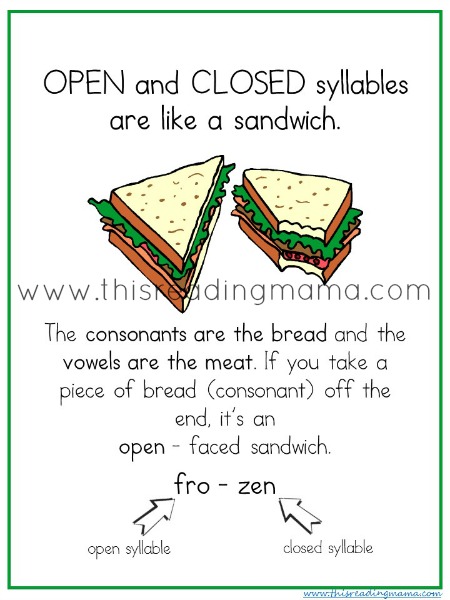
Open and Closed Syllable Games
On day 1, we reviewed what open and closed syllables are using the graphic above. To review a bit, we matched all the words in the deck of cards I created and then labeled them as open or closed (free printable at the end of this post).
On day 2, he made words in our pocket chart, matching the 1st and 2nd syllables. He sorted them as either open syllables or closed syllables (focusing on the 1st syllable).
On days 3 and 4, we played a matching game with the various open and closed syllables. On day 3, we played with half the deck (16 cards) and on day 4, we played it with the remaining half of the deck (16 cards).
1- Each syllable card in the pack has a 1 or 2 on it, depending on if it’s the 1st or 2nd syllable. I placed eight 1st syllable word cards on the left side of our playing area (both from the open and closed syllables) and eight 2nd syllable word cards (also from open and closed syllable cards).
2. We took turns turning over a 1st syllable card and a 2nd syllable card. The player had to read the word created on his turn (a fun way to practice reading silly words in a meaningful way AND a great way to work on reading those open and closed syllables).
3. The ultimate goal was to match the 1st and 2nd syllable cards to make a real word (they only match one way). When a player made a match, he kept the two cards and got another turn.
On day 5, we played Open and Closed Syllable Twister {inspired by Mom to 2 Posh Lil Divas}! He LOVED this!
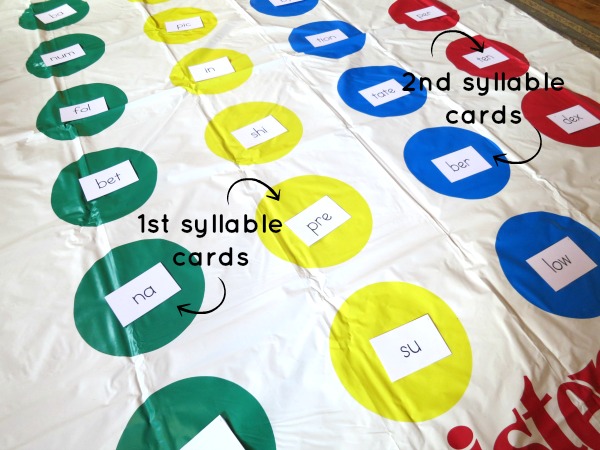 To prep, I placed the 1st syllable cards on one side of the Twister mat and the 2nd syllable cards on the other side of the mat, like you see in the photo above.
To prep, I placed the 1st syllable cards on one side of the Twister mat and the 2nd syllable cards on the other side of the mat, like you see in the photo above.
I called out words, such as shiny, and he had to find the syllables of the word on the mat and place his hand and foot on the correct circles to spell each word.
*You can adapt this game by using prefixes + root words or root words + suffixes.
More Resources for Reading Longer Words:
- Strategies for Reading Longer Words– FREE printable page of strategies for kids
- Reading Longer Words with free printable baseball-themed pack {base words and inflected endings}
- Reading Two-Syllable Words with Easter Eggs
- Word Study: It’s WAY More than Phonics
Follow This Reading Mama’s board Word Study/Phonics on Pinterest.
Enjoy teaching!
~Becky
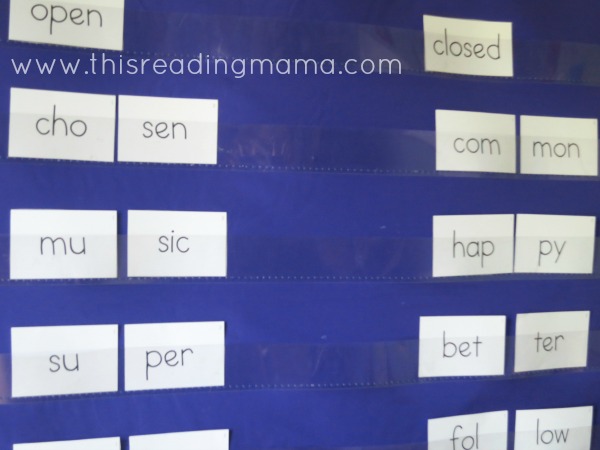
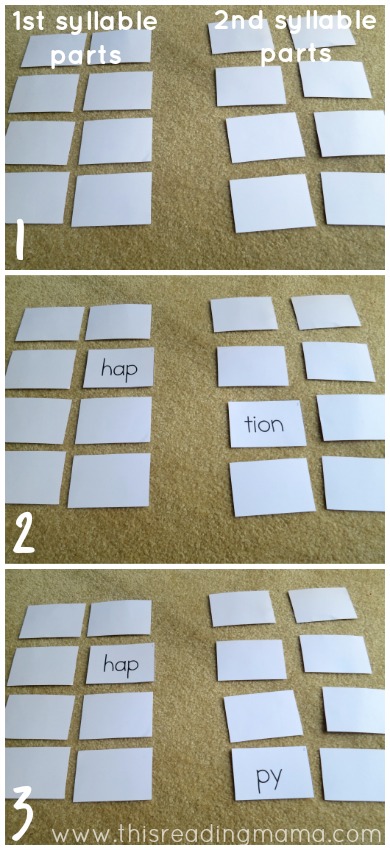
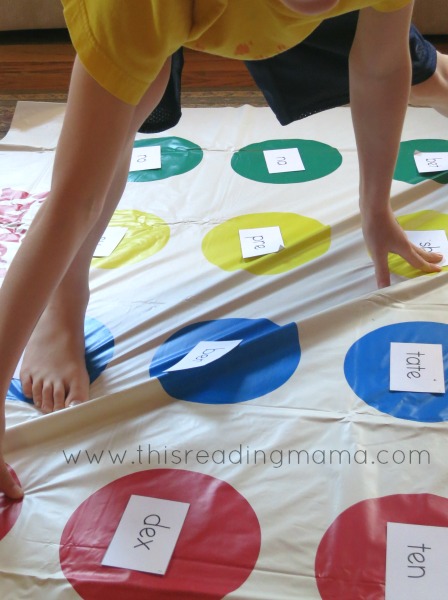
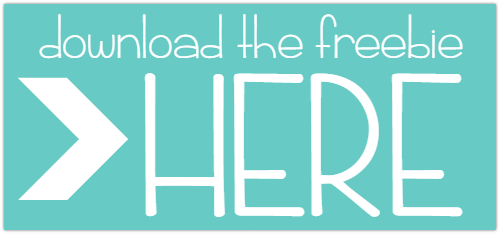
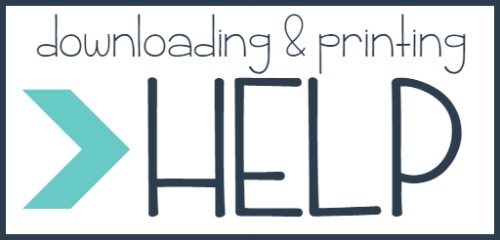
I love this. Thank you very much.
You’re very welcome!
I love your blog! I have a struggling 1st grade reader and your blog has helped a lot. I’m curious about these games….is the main goal (in knowing closed and open syllable words) proficiency in spelling them or simply being able to read them?
For him right now, I just want proficiency in reading these words, as he struggles to read them when they appear in his texts. Later (maybe next year or the next), I will expect proficiency in spelling. Spelling almost always lags behind reading.
This is so fantastic. Thank you so much for letting fellow teachers have a free download. Much appreciated 🙂
You are very welcome! 🙂
I love your activities! One comment, though: per is actually an r-controlled syllable. 😉
Thank you!